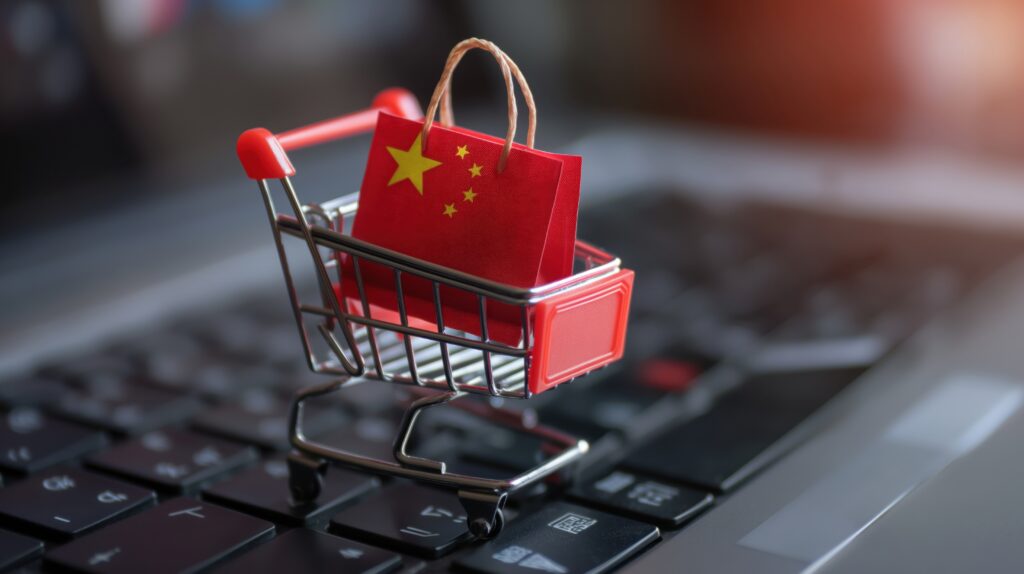Alibaba will soon accept payments through rival Tencent’s WeChat Pay on its popular Tmall and Taobao e-commerce platforms.
Previously, the Chinese tech company only accepted payments through Alipay, which is owned by affiliate Ant Group. Both Alibaba and Tencent have developed vast ecosystems centered around super apps designed as all-encompassing solutions.
Alibaba’s decision is a milestone as it moves away from the closed platforms that some have called “walled gardens.”
Economic Pressures
The economic environment in China is likely a driving force behind Alibaba’s move. Chinese consumers have been under immense pressure due to inflation and the lingering effects of stringent COVID-19 restrictions.
To fuel growth, the government has urged tech companies to loosen their grip on their ecosystems. In the past, both Tencent and Alibaba have actively worked to block the use of their rivals’ products on their platforms. While there have been steps toward loosening these restrictions, Alibaba still faces intense competition from rivals like JD.com and PDD, owner of the popular Temu platform.
Competition is likely another factor motivating Alibaba to integrate WeChat Pay, one of the largest mobile payment apps in a country where mobile payments are the norm. The WeChat platform boasts 1.3 billion total users, which presents a substantial opportunity for Alibaba, especially in less developed segments of China.
A Payments Fixture
Economic pressures are part of the reason why Apple recently opened its historically rigid ecosystem to include buy now, pay later provider Affirm, among others. BNPL has quickly become a payments fixture, as consumers increasingly prefer to split their payments without incurring interest from credit cards.
Apple had previously attempted to offer BNPL through its in-house Apple Pay Later platform, but this approach had limited reach—it was only available in the U.S.—and was resource-intensive for the company.
